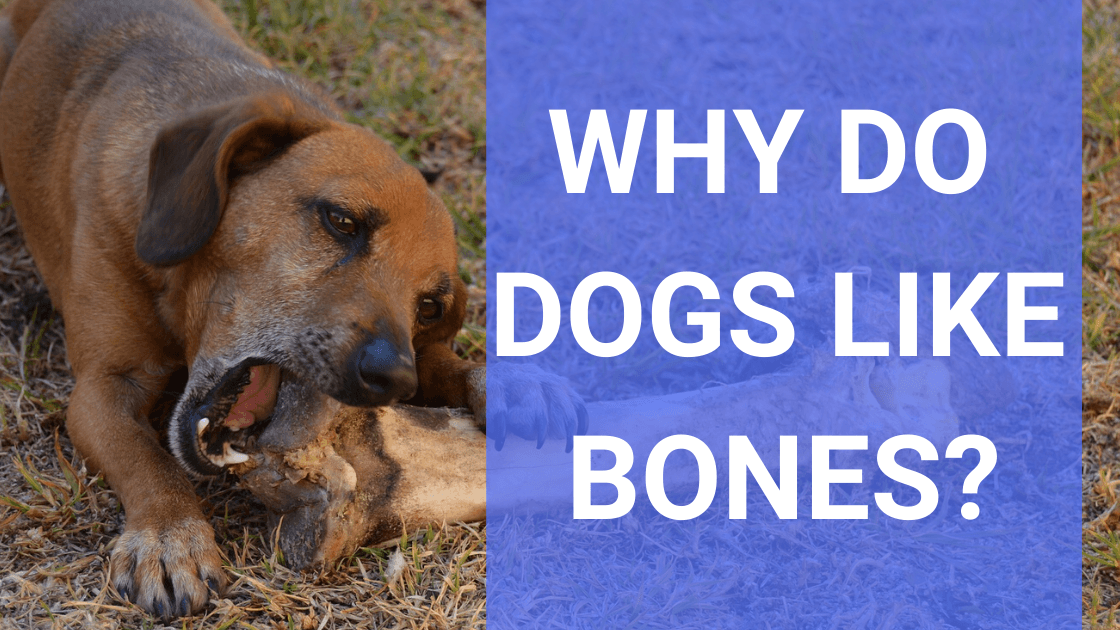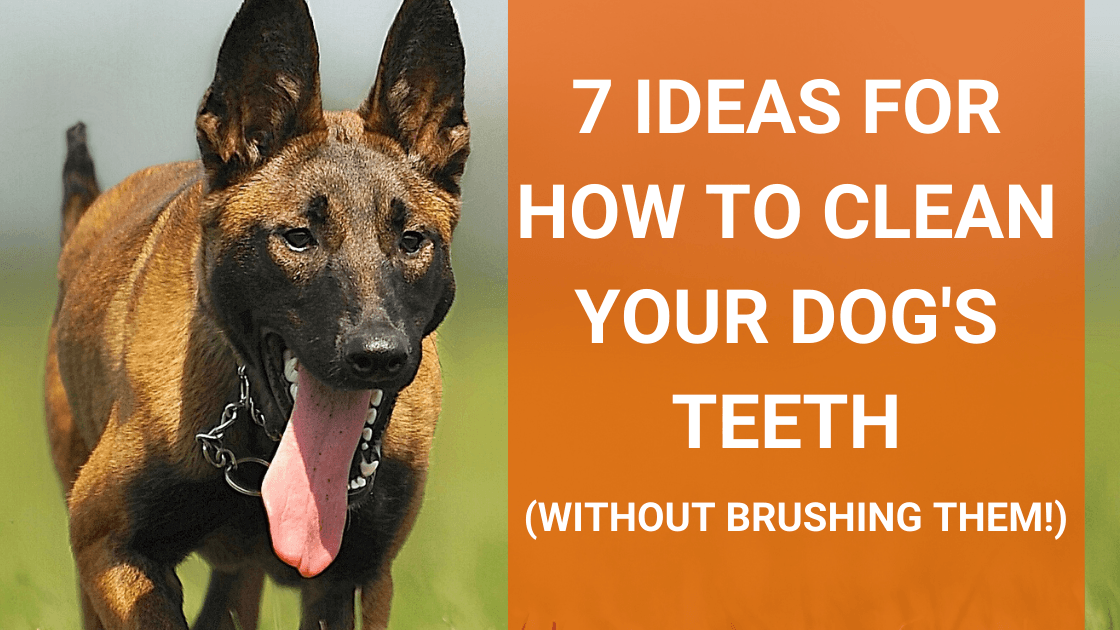As a dog owner, there are few worse moments than coming home after a long day at work or other outings, to a home filled with destruction. You know, like seeing a pair of shoes destroyed, a couch that looks like it exploded, a ruined piece of furniture––you get the idea.
It’s a moment we’ve probably all experienced at least once in our dog’s life and it’s a moment we all hate. I don’t know about you, but once the clean-up is done, I always feel a little guilty.
Like, why did this happen with my dog? Why is my dog chewing on everything? What went wrong here?
Getting to the route of the why can help you better understand where your dog is coming from, and most importantly, help you fix it!
Today we’re going to talk about the most likely reasons your dog is chewing on everything so that you can address the issue once and for all.
Five Reasons Your Dog is Chewing on Everything
1. Your dog is chewing because they’re bored
The number one reason dogs, especially adolescent or adult-age dogs, chew everything in sight is boredom. If your dog isn’t getting enough physical exercise and mental stimulation, they’re going to find their own source of stimulation. Often this is chewing and the reaction they get out of you when they chew something they shouldn’t.
Well-exercised, tired dogs simply don’t chew as much as dogs that have to wait all day to get their wiggles out. If you have a dog that has a recurring pattern of destructive chewing, shifting your schedule around, or hiring a dog walker that can tire your dog out before you leave for the day is one of the best ways to reverse the problem and set your dog up for success.
2. Your dog’s teeth or gums hurt and chewing helps
In cases of sudden chewing, or chewing in older dogs, tooth pain or gum disease may be the culprit. Many dogs suffer mouth-related complications as they age which can be quite painful. Chewing provides counter-pressure and temporary relief from the pain.
Preventative care and attention to canine oral hygiene can help keep these issues at bay. If you suspect mouth pain in causing your dog’s sudden chewing, it’s important to address the issue with your vet to see what you can do to keep your dog more comfortable.
Related Reading: How to Clean Your Dog’s Teeth Without Brushing Them
3. Your dog is feeling stress or anxiety
Sometimes, chewing can indicate a psychological or emotional issue with your dog. Many dogs turn to chewing when they are feeling stress or separation anxiety.
If your dog’s chewing emerged in conjunction with a big life change such as a new baby, a new home, changes in family dynamics, significant changes in schedule, bringing home another pet, or something similar, your dog’s chewing may be a cry for help.
It’s important to address issues of stress and anxiety in the early stages before they become too serious. In serious cases of separation anxiety, it may be necessary to discuss treatment options with your vet.
4. Your dog’s chewing is because they’re a puppy
If your dog is seemingly chewing everything, and they’re a puppy, then that just might be your answer! The puppy chewing phase is normal and expected behavior for all puppies, but some do seem to do it more than others.
Puppies mostly chew in response to teething, to strengthen their developing jaw, to gain social input, and learn about their world. They also chew out of boredom!
Funny how the reasons puppies chew aren’t all that different from adult dogs, it’s just typically far more pronounced.
5. Your dog is chewing because, well, they’re a dog!
Dogs have an intrinsic and instinctual need to chew from time to time, simply because they’re a dog. Chewing helps your dog strengthen their jaw, clean their teeth, and occupy their time. Chewing provides mental stimulation and is a healthy pass time for your dog while you are away.
Because your dog has a natural need to chew, it’s important to provide them with a variety of opportunities to quell this need in a safe and productive way. In other words, make sure they have some chew toys! Teaching your dog what’s okay to chew, and providing them with plenty of yes items for chewing can help prevent destructive chewing around the house.
For tough chewers, indestructible dog toys and very tough chews are a must. Toys made from natural rubber, naturally shed antlers, and high-quality ropes make the best options for the toughest chewers. From a safety standpoint, it’s recommended to avoid rawhide because of the potential choking risks and exposure to toxins.
What to do about dog chewing
Figuring out the root cause of your dog’s chewing behavior is only step one. Because my guess is, if you’re searching for information about it, it’s getting out of hand. Luckily you’re in the right place!
Here’s a quick overview of what you can do to address chewing:
- Figure out why your dog is chewing in the first place (<-- you are here)
- Take extra steps to meet your dog’s exercise needs
- Set up your dog’s environment for success (especially when you go out)
- Give your dog a variety of options they CAN chew
- Use training techniques and positive reinforcement to work on chewing when you are home
But don’t stop here! We’ve got a ton of great, more in-depth resources to help you with your dog’s chewing behavior, no matter what life stage they’re in:
- How to Survive the Puppy Chewing Stage
- A Step-By-Step Guide to Stop Destructive Chewing When Left Alone
- Is Your Older Dog Suddenly Chewing? This is What is Means and What to Do About It
Is your dog chewing everything? Drop a comment below and share your story. We’d love to help you out!




2 comments
Alli Wittbold
Hi Christine,
Thanks so much for reaching out and sharing your friend’s story. It’s so frustrating when our dog’s are suddenly acting out. It sounds like she’s on the right track with the crate. The signs that his dog was trying to escape his crate makes me wonder if there could be a separation anxiety issue at play. A big, sudden shift in behavior is always worth a call to the vet in my opinion.
You mention that this is an older dog— check out the article specific to older dogs suddenly chewing for more tips!
Best of luck!
Alli | Writer for Monster K9
Hi Christine,
Thanks so much for reaching out and sharing your friend’s story. It’s so frustrating when our dog’s are suddenly acting out. It sounds like she’s on the right track with the crate. The signs that his dog was trying to escape his crate makes me wonder if there could be a separation anxiety issue at play. A big, sudden shift in behavior is always worth a call to the vet in my opinion.
You mention that this is an older dog— check out the article specific to older dogs suddenly chewing for more tips!
Best of luck!
Alli | Writer for Monster K9
Christine Slater
My friends older labrador has just started shredding mats, his bedding at night etc. He has never done this before, what could the cause be. He has bought a crate and is using it, his dog was happy to use crate he put his basket in the crate and bedding, in the morning bedding was shredding, there were signs of the crate bars being bent, he finds it very distressing that his loveable labrador is acting like this. Could you suggest what might be the problem please.
My friends older labrador has just started shredding mats, his bedding at night etc. He has never done this before, what could the cause be. He has bought a crate and is using it, his dog was happy to use crate he put his basket in the crate and bedding, in the morning bedding was shredding, there were signs of the crate bars being bent, he finds it very distressing that his loveable labrador is acting like this. Could you suggest what might be the problem please.